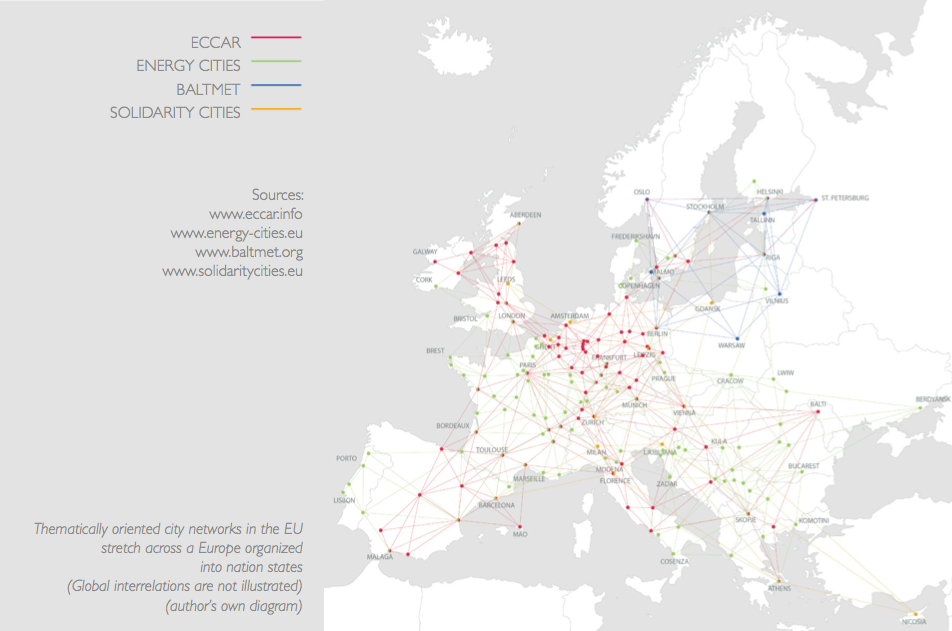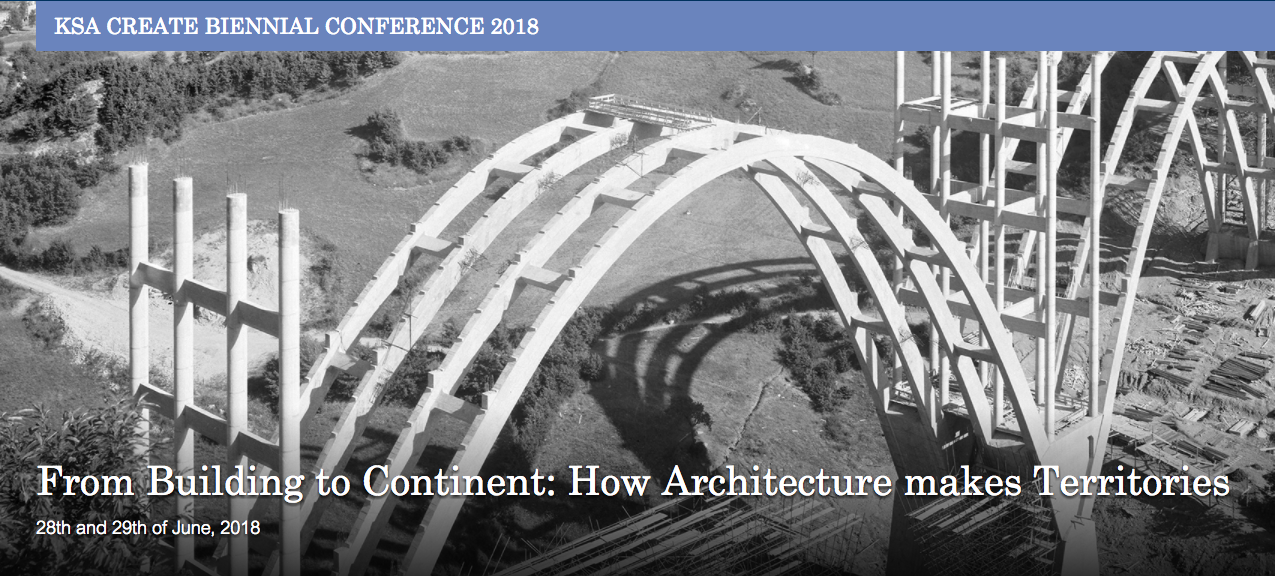An opportunity for 4-6 suitable graduate students (and strong undergraduate candidates) from the fields of Architecture, Urban Planning, Urban Design etc. for a Summer School on the topic of the ‘BORDERLINE City‘ that will take place in Berlin from 8-15 May 2020. Participation is free, and accommodation as well as a stipend to cover travel expenses will be provided.
The summer school is part of a broader initiative of colleagues at the Technical University Berlin, which aims to generate impulses for the planned update of the so-called Leipzig Charter of 2007 on the occasion of Germany’s upcoming EU Council Presidency in 2020.
The summer school’s theme is deliberately broad in scope. Amongst other things, the event will deal with:
- the disappearance of existing, and emergence of new, borders and ‘borderscapes’, both material and immaterial;
- the way both intentional and immanent spatial development contribute to the emergence, dissolving and change of borders and ‘borderscapes’;
- the role cross-border territories (can) play in European integration processes;
- the qualities and potentials of borders, ‘borderscapes’ etc. (spatial, cultural and otherwise) as well as
- the question how built environment professionals should deal with the same.
In short: it promises to be an exciting event! Prerequisite to participate is the willingness to:
- deal with the topic (or, rather, one of the topics) the summer school revolves around in the context of a dissertation, a ‘final year project’, or a piece of research in relation to a specific module;
- present the (preliminary) findings of the (research) project in the form of a paper, poster or other creative medium; an
- beyond that actively contribute to the discussions in Berlin.
There is a lot of scope in terms of both the content and the methodological approach and the format of the work to be produced/presented and our German colleagues appreciate that MA theses/final year projects will not be completed by the time the summer school takes place. What they are after are original and thought-provoking ideas, interventions and reflections that provide ‘novel and unconventional input on urban development and urban planning.’
Should you be interested in participating, please look at the attached document for further information about the project and send an expression of interest of no more than 750 words with an indication of your motivation to apply as well as a description of your project idea to NovyJ@westminster.ac.uk by 20 November. You should also be able to name a member of staff who supports your application and is willing to help you with the project work. Applicants will be informed of the pre-selection results by 25 November and interviews for the final selection will take place shortly after that.
For more information, please feel free to send an email to Johannes Novy. He will also hold two information drop-in sessions on 30 October and 12 November from 13.00 to 14.00 in M222 to provide the students with an opportunity to meet him in person and ask questions.
Last but not least: Especially if you are considering to apply with your thesis/final year project, it is strongly recommend that you discuss your plan with your tutor and/or course director to make sure that they approve of (and are willing to support) it.
To download additional material please click here.











